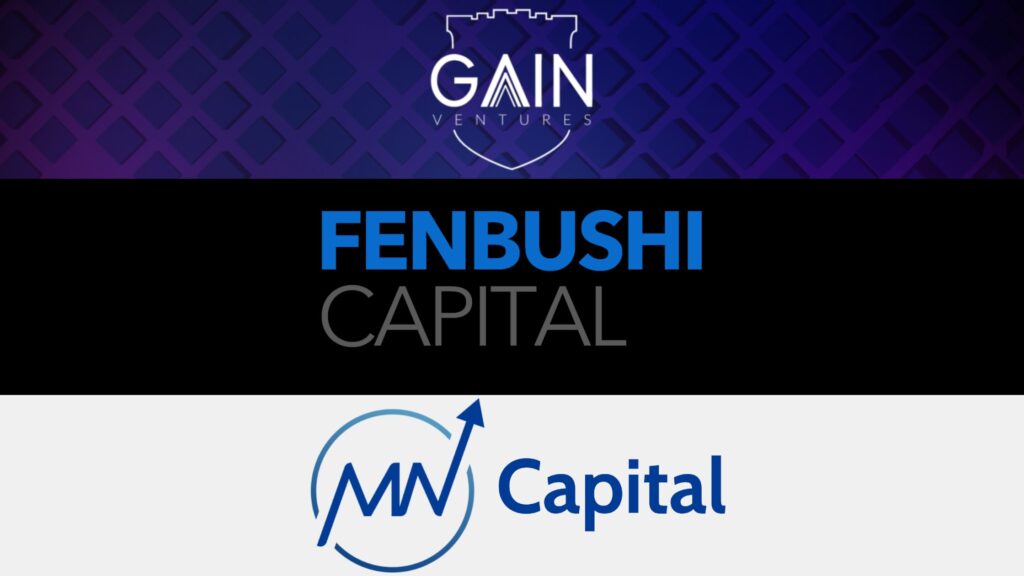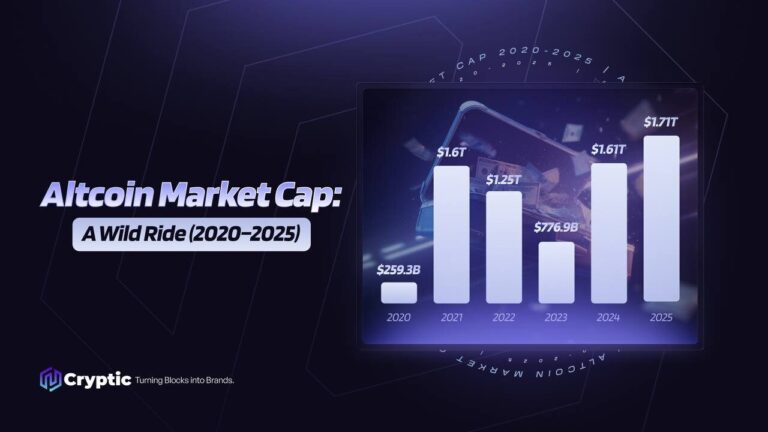
Authority and Insight on Web3 Value Creation
Sergey Khusnetdinov, Bert Van Kerkhoven and Clarence Zhou stand out as authoritative voices shaping how speculation, capital and utility intersect in decentralized ecosystems. Sergey, Managing Director at Ga^3in Ventures, leads an innovative decentralized forecasting platform that reinforces collective intelligence and governance for autonomous networks. Bert, BD Manager at MN Capital, plays a key role in driving early-stage investments that challenge traditional capital structures in blockchain. Clarence, Investment Director at Fenbushi Capital, represents one of the world’s most established crypto venture builders, combining strategic funding and global reach to accelerate startups focused on real utility and product-market fit.
With backgrounds that bridge venture capital, ecosystem growth and crypto-economic design, these three figures hold influential positions pushing Web3 beyond transient hype. Their perspectives highlight why speculation can spark price discovery but must evolve into long-term value creation, a crucial lens for those serious about the future of decentralized finance and equitable wealth distribution.
Pillars of the tokenized ecosystem
The debate around the tokenized economy involves a complex intersection of speculation, practical utility, and structural innovation, challenging the creation of more equitable and sustainable economic systems.
Ga^3in Ventures operates as a venture builder focused on creating and strengthening innovative projects within the Web3 ecosystem, promoting the sustainable development of solutions aimed at redefining decentralized digital infrastructure. MN Capital positions itself as a strategic player in the venture capital market, directing investments toward protocols and startups that explore new frontiers in blockchain technology and tokenized markets, thereby contributing to the advancement of disruptive financial models. Fenbushi Capital, recognized as one of the pioneering blockchain-focused investment firms, stands out for its long-term approach, aligning capital and governance to foster the growth and resilience of decentralized networks. These three institutions, each operating on different fronts within the Web3 ecosystem, embody the complex interactions between speculation, practical utility, and structural innovation that underpin the ongoing debate about the future of the tokenized economy and the challenges of building equitable economic systems.
The role of speculation in the token economy
Speculation serves as a fundamental mechanism driving price discovery and shaping the initial adoption phases of protocols and tokens. While often met with skepticism, it functions as the spark that ignites market activity, attracting early users and enabling new projects to Ga^3in momentum. Sergey views speculation as an inevitable and necessary force that helps reveal true value, likening speculators to pioneers who challenge and expand boundaries. Bert points out that speculation provides critical resources and attention for founders, fueling growth even when benefits are unevenly distributed. Clarence underscores the importance of linking tokens to real utility to ensure long-term viability, cautioning that many projects still lack a solid product-market fit. These insights highlight speculation as both an essential driver and a complex challenge in the evolution of sustainable token economies.
The pursuit of genuine product-market alignment
The discussion focused on the significant gap between speculative hype and the delivery of real value in Web3 projects. Drawing a comparison with the pharmaceutical industry, it was noted that, just like in the development of new medical treatments, many blockchain initiatives start with unproven ideas that require thorough validation over time, with some ultimately failing to provide effective solutions. The risk of projects creating solutions for problems that don’t actually exist was also emphasized, leading to market saturation with premature or irrelevant products. The ability to survive multiple market cycles was identified as a key measure of true product-market fit, reinforcing that only protocols capable of consistently demonstrating utility and adapting to changing demands will establish lasting value in the token economy. This perspective highlights the need to move beyond speculation to build sustainable and impactful technologies.
Concentration of power and the challenges of transparency in token listings
Fairness and accessibility remain critical challenges in token economies, with gains often concentrating disproportionately among insiders and early adopters. It was pointed out that while speculation can drive growth and innovation, it frequently benefits those with privileged access, leaving the broader community at a disadvantage. This imbalance perpetuates a cycle where wealth and influence remain concentrated, hindering the ideal of a truly open and decentralized system.
The role of meme coins and token listing practices with unclear processes and low transparency was highlighted as further complicating this landscape. Token listings may involve high fees and insider dealings, creating an environment that favors insiders and experienced traders. Such lack of transparency erects barriers for everyday users, exposing them to markets that are difficult to navigate and skewed against their interests. These dynamics amplify speculative behavior but often fail to promote genuine utility or equitable participation.
The discussion emphasized that effective governance and token distribution mechanisms are essential to addressing these inequalities. Fair governance models and distribution based on active contribution are vital to the long-term sustainability of decentralized networks. Without improvements in these areas, token economies risk becoming speculative playgrounds benefiting a select few rather than inclusive ecosystems that empower diverse participants. Designing systems that better align rewards with meaningful involvement is fundamental to fostering fairness and broader access.
Ideas for a Tokenized Tomorrow
Designing a native Web3 economic system from the ground up demands guiding principles that prioritize fairness and long-term resilience. One key idea raised was the need for non-intervention, letting the system develop organically without centralized control. This perspective reflects a belief that an open, self-regulating environment allows networks to grow stronger and fairer over time, avoiding distortions that come from excessive top-down interference.
Equally important is the principle of launching early and inviting community involvement from the beginning. This approach values early adopters as essential co-builders, encouraging them to test, challenge, and shape protocols while sharing in the upside of that risk. Alongside this, the notion that economic and governance power should scale with genuine contribution was emphasized as a safeguard against speculative exploitation. Together, these ideas set the foundation for a decentralized system in which transparency, participation, and real utility guide value creation beyond hype cycles.
The balance of the decentralized economy
What remains as a challenge is the reminder that Web3 is still a story in the making, speculation, fair distribution, and real utility are all parts of the same puzzle shaping how value and power flow in a decentralized future. As new models emerge and old assumptions are tested, take the time to explore Ga^3in Ventures, MN Capital, and Fenbushi to dive deeper into how these players are helping redefine what reinventing capitalism can mean in practice.
Web3 is still evolving, but it is already beginning to rewrite the rules of capitalism by integrating speculation, fair distribution, and real utility to create a new balance in the flow of value and power.
Disclaimer: This article is based on an interview and reflects the personal views and opinions of the featured speaker. It is intended for informational purposes only and should not be considered financial, investment, or legal advice. Readers are encouraged to conduct their own research and consult with qualified professionals before making any financial decisions.



